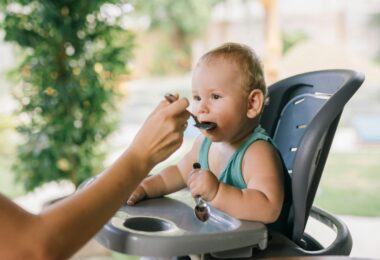Families with one breadwinner are in danger of falling into poverty according to a new report by the Institute for Fiscal Studies (IFS).
A family relying on the father’s earnings alone — the traditional breadwinner — has an average income no higher than it was 15 years ago, according to IFS. The research says these households haven’t benefited from large increases in women’s earnings seen since the mid-1990s.
Your mother should know
Over the past 20 years, growth in the earnings of working fathers has been “extremely slow”, increasing the possibly of breadwinner poverty families. Growth was at 0.3% a year on average. But mothers’ earnings grew by more than 2% per year. IFS says that, “As a result, it has become increasingly difficult for families where only the father is working to keep up with other families. Around a quarter of children live in a one-earner couple family — around the same proportion as 20 years ago.”
The incomes of two-earner families are 10% higher than in 2002-03. However, the incomes of single breadwinner families haven’t changed over that period. The research took into account the impact of inflation. It also calculated incomes from any benefits and wages after tax. It says that fathers in one-earner couples are less likely than other fathers to be in well-paid jobs. In addition, they are increasingly likely to have been born abroad.
Breadwinner poverty
The Treasury said the government had taken action to help working families, thereby reducing the chance of breadwinner poverty. “Income inequality is now at its lowest level since the mid-1980s. Our reforms to the tax system mean hardworking people are keeping more of what they earn.
“Increases to the personal allowance have taken millions out of income tax altogether. This reduced tax bills for some of the lowest earners by £1,000 a year.”
In a separate survey by the charity Grandparents Plus, they found one in four mothers had to give up work if they didn’t have help with childcare from their own parents. Only 7% of parents said they did not rely on their mother or father to have their children while they worked.








